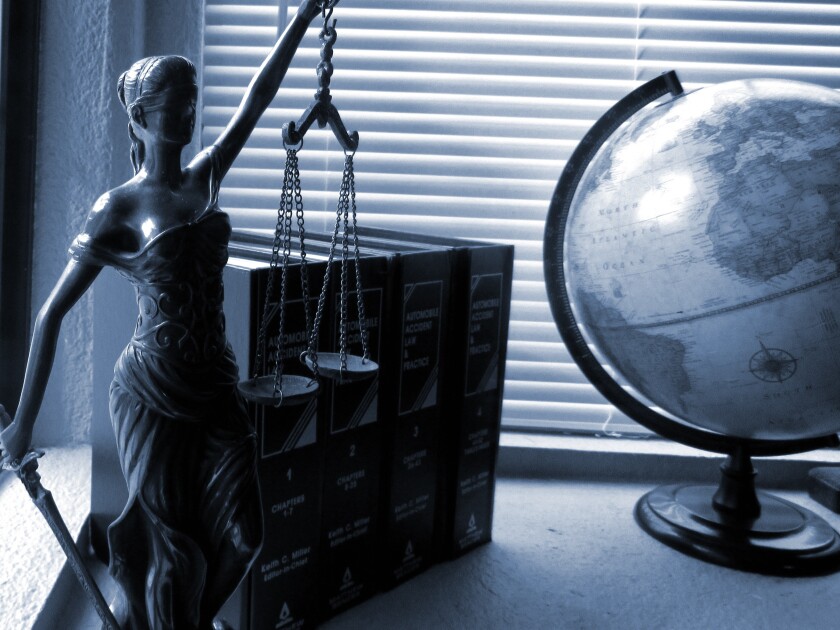The Unified Patent Court (UPC) opened just over a year ago, on June 1 2023, as a new forum for patent litigation in Europe.
The UPC filings so far demonstrate that not only European businesses are aware of the UPC’s potential as a new patent battleground: a significant number of plaintiffs filing in the UPC are from outside Europe – in particular, the US and China – across all technology types.
In the UPC litigation in medtech, nearly all plaintiffs are US-based, while in pharma, about half of the plaintiffs are US-based. In the tech space, the picture is more mixed, but US companies are part of a developing trend of suits being brought by non-practising entities since around early 2024. Many high-profile cases even involve US companies opposite each other as plaintiffs and defendants, but US companies also feature heavily as defendants with non-US plaintiffs.
Analysing the features of the UPC litigation system shows why the UPC is attractive:
A UPC case will be tried by expert judges (and no jury). Final hearings in the first instance always involve at least three specialist patent judges and will regularly include one additional technical judge.
The UPC provides a fast procedure and remedies with real impact. Plaintiffs may obtain injunctive relief and damages in 17 (and soon 18) EU member states, over a combined population of over 330–350 million, or, conversely, a speedy ‘clear the path’ action against blocking European patents. In many instances, a case can be conducted anywhere in the UPC region, in a local language or in English, with English increasingly becoming the lingua franca of the UPC.
The UPC’s jurisdiction to grant injunctions is technically discretionary but most commentators expect them to be granted near automatically. A preliminary injunction (PI) may be available in the right circumstances, possibly even on an ex parte basis. Injunctions may be suspended pending appeal, but appellants will need to justify why that is needed: the default position is that appeals will not be suspensive.
In PI proceedings, not more than 30 days is typically permitted for filing a defence and the case law shows that one of the stronger points will be showing the patent is likely invalid (e.g., 10x Genomics v NanoString, UPC_CoA_335/2023). Urgency is another PI requirement, being developed through the court’s case law (e.g., Ballinno v UEFA et al, UPC_CFI_151/2024), while considerations of irreparable harm have taken a back seat so far. A plaintiff may have to provide security, but this is by no means a given.
A defendant to an action on the merits has only three months to prepare a full defence (non-infringement, invalidity, and/or further defence arguments), as later arguments are unlikely to be permitted. The overall timeline of proceedings on the merits is designed to result in first-instance hearings within 12 months. There is minimal scope for defendants to delay the proceedings, and hardly any motions capable of extending the overall timeline. At the time of writing, 13 months after the UPC’s commencement, decisions from the first wave of final hearings are anticipated in the next few days.
The use of expert testimony is possible but likely to be limited.
There is no discovery as such at the UPC but there are other procedural tools that may provide what plaintiffs need, such as orders for the production of a limited category of documents or seizure of evidence, possibly even on an ex parte basis. In suitable cases, assistance from outside the UPC system (such as a Section 1782 procedure in a US court for US-based defendants) may be available. Having said that, a plaintiff is unlikely to have to provide discovery and, if so, only on a limited issue, such as comparable licences for rate setting.
Finally, only once liability is established will a successful plaintiff need to prove damages, likely in separate proceedings. These could be significant given the geographical reach of the UPC.
All in all, the UPC is changing the European patent litigation landscape at a rapid pace and has already had a significant impact on US companies that are active in the EU, whether as plaintiffs or defendants.















